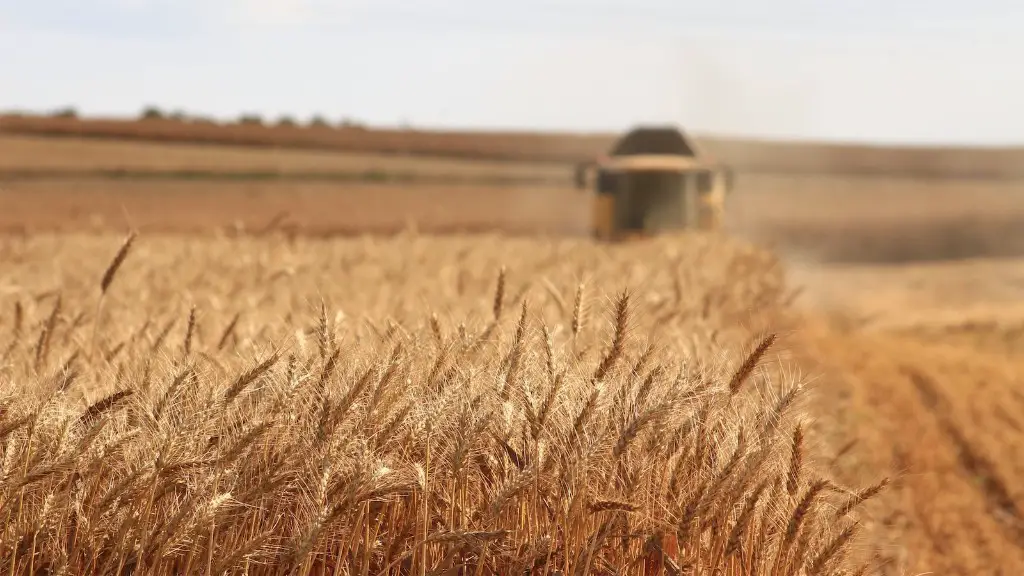Agriculture is a key component of human survival, and its importance cannot be overstated. Agriculture is a major component of the global food supply, producing the vast majority of the world’s food products. It is also an important source of employment, providing income to millions of people in developing countries. Agriculture is important in developing countries where the majority of the population relies on it for their livelihood. It is a major provider of food and nutritional security, supplying staple crops and livestock to meet the basic needs of their populations. Agriculture is also important in industrialized nations, where it produces a variety of food products, including fruits, vegetables, grains, dairy, eggs, and meats. In addition, it provides farmers with income, helps generate economic activity in rural areas, and provides many environmental benefits, such as preventing desertification and soil erosion, conserving biodiversity, and reducing water pollution.
Environment
Agriculture helps mitigate environmental issues. It is an important part of global climate change mitigation, due to its ability to sequester carbon dioxide from the atmosphere. Agricultural production can also improve air quality by reducing the level of volatile organic compounds released into the environment. Agricultural practices help conserve biodiversity by providing suitable habitats for many species, and by preserving natural ecosystems. By incorporating a variety of crops in a single field, farmers can help increase the number of native species and maintain soil fertility. In addition, sustainable agricultural production helps conserve natural resources such as water, land, and energy.
Workforce
Agriculture generates employment opportunities in rural areas. It is a major employer, especially in developing countries, providing jobs to millions of people. In addition, agricultural technologies have improved the efficiency of farming processes, thus reducing the time needed to perform certain tasks and improving productivity. This increases the number of jobs available in the agricultural sector.
Economy
Agriculture is an important contributor to the global economy. It provides a variety of products and services, such as food, feed and fuel, that are critical to economic development. Furthermore, agricultural production can spur economic growth and economic diversification. By creating employment opportunities in rural areas and providing inputs to other economic sectors, agriculture helps stimulate economic activity and provides a source of revenue to the government. Agricultural subsidies also help ensure food security and support the global economy.
Community
Agriculture is an important part of community development. It helps support rural communities by providing employment opportunities and a source of income. In addition, it provides a variety of resources for people in rural areas, such as clean water, fuel, and animal feed. It also helps reduce food insecurity and alleviates poverty, especially in developing countries.
Education
Agriculture is an important part of education. It teaches students about the environment, plant and animal sciences, and sustainable agricultural practices. Furthermore, agricultural education helps students understand the importance of food production and its contribution to global food security. At higher level institutions, students can hone their skills in agricultural sciences and research. These skills are necessary in the realm of agriculture, as they can lead to better practices and increased yields.
Technology
Agricultural technology is critical in supporting modern agriculture. For example, agricultural machinery, seed varieties, fertilizers, and pesticides have all contributed to improved crop yields and production efficiency. With the use of technology, farmers are able to better manage their farms and create higher yields. In addition, technology can help reduce the impact of weather conditions on crop yields, thus decreasing the risk of crop losses. The use of technology also helps increase the availability of food products and reduce their prices.

